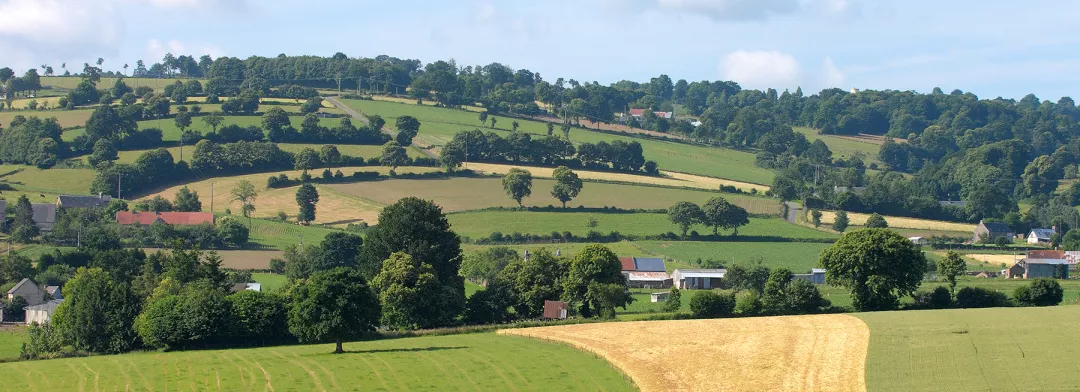Pollinators and Innovation and Knowledge exchange
- Innovation, knowledge exchange & EIP-AGRI
- Agricultural Productivity
- Climate and Climate Change
- Fostering Knowledge & Innovation
Discover Focus Groups, workshops, videos, articles and more related to pollinators

Insect pollinators, such as bees, hoverflies and butterflies, feed on flowers, transfer pollen, and help plants to produce fruits and seeds. They provide a vital service to natural ecosystems and are essential to agricultural production. They are, however, increasingly under threat due to habitat loss, primarily caused by intensive agriculture, pesticide use, and high fertiliser inputs. Climate change, invasive alien species, and other environmental pollutants such as biocides also contribute to this decline.
In 2023, the European Commission revised the EU Pollinators Initiative to reverse the alarming decline of wild pollinators in Europe by 2030. The recently agreed Nature Restoration Law, a key element of the EU Biodiversity Strategy and the European Green Deal, is setting legal obligations for Member States to reverse the decline in pollinators and take measures to restore ecosystems, habitats and species across the EU, including on agricultural land.
The UN’s World Bee Day (#WorldBeeDay) takes place on 20 May every year to raise awareness of the essential role bees and other pollinators play in keeping people and the planet healthy. You may also be interested in the UN’s International Day for Biological Diversity on 22 May 2024.
You will find below a range of the activities of the EU CAP Network with a focus on innovation, knowledge exchange and EIP-AGRI related to the protection of pollinators.
Focus Groups
- EU CAP Network Focus Group: Enhancing the biodiversity on farmland through high-diversity landscape features
- EIP-AGRI Focus Group: High Nature Value (HNV) - Farming profitability
- EIP-AGRI Focus Group: Bee health and sustainable beekeeping
- EIP-AGRI Focus Group: Optimising profitability of crop production through Ecological Focus Areas
Events
- EU CAP Network workshop ‘Promoting pollinator-friendly farming’ (2024)
- EIP-AGRI Workshop Conversion to organic farming (2024)
- EIP-AGRI seminar: Healthy soils for Europe: sustainable management through knowledge and practice (2024)
- EIP-AGRI Workshop Cropping for the future: networking for crop rotation and crop diversification (2024)
Publications & videos
- Thematic newsletter on biodiversity, published 22 May 2023
- EIP-AGRI Brochure Organic farming: Innovative approaches to support conversion
- EIP-AGRI Brochure Sustainable and resilient farming: Inspiration from agro-ecology
- EIP-AGRI Brochure Cooperating for genetic resources
- AGRI challenge: Biodiversity - 14 September 2022
- AGRI challenge: Monitoring bee health through beehive sensors
The Support Facility has also published a number of Inspirational idea articles showcasing Operational Groups and other projects:
- Inspirational Ideas: Protecting farmland pollinators – IE
- Inspirational ideas: Restoration of degraded forest areas – FR
- Inspirational ideas: Multifunctional buffer zones – SE
- Inspirational ideas: Pasture for pollinators – UK
- Inspirational ideas: Creating a buzz in Romanian greenhouses – RO
- Inspirational ideas: A hive of digital activity – BG
For more inspiration, read the newsletter from May 2024, which focused on reducing the decline in farmland pollinators.